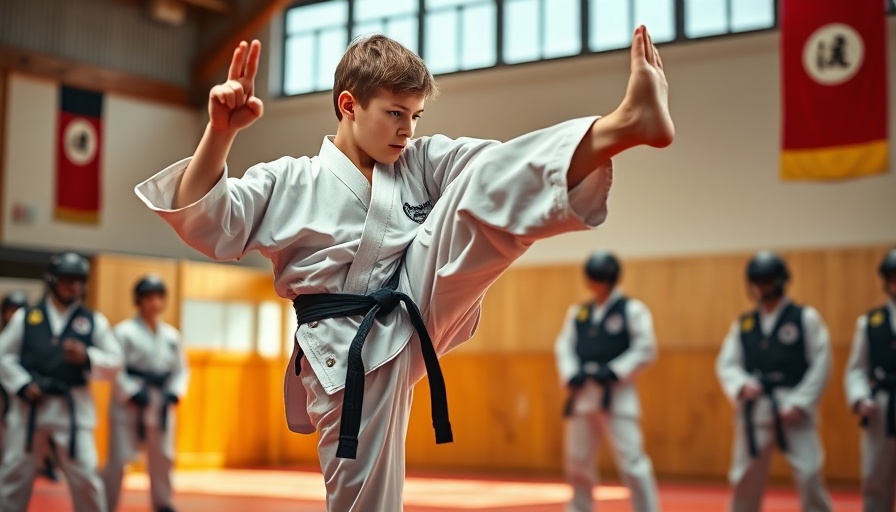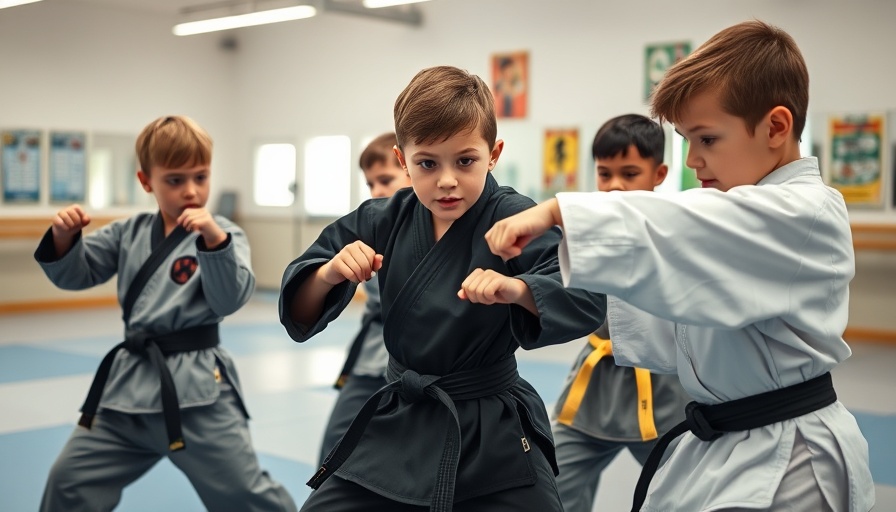
How Martial Arts Techniques Build Your Self-Defense Skills
Martial arts training is more than just developing physical prowess; it encompasses a comprehensive approach to cultivating personal safety, discipline, and empowerment. In this article, we will explore how various martial arts techniques enhance self-defense skills, providing insights valuable not only for beginners but also for seasoned practitioners.
Understanding the Foundation of Martial Arts
To effectively defend yourself, it’s crucial to grasp the fundamental techniques across diverse martial styles such as Taekwondo, karate, and judo. These techniques include basic stances, strikes, and blocks that form the very backbone of effective self-defense. For example, mastering how to break falls or hold your hands can be essential when facing an attacker. A solid foundational knowledge not only equips you with critical skills for protection but enables you to react efficiently in high-stress situations.
Physical Conditioning: Strength and Agility
Training in martial arts significantly boosts muscle strength and agility, both of which are vital components of self-defense. In addition to building muscle mass, practitioners develop functional strength essential for delivering powerful kicks and quick punches. Agility drills help refine reflexes, allowing you to swiftly respond to sudden threats. These physical improvements extend beyond the dojo, benefiting everyday activities and increasing overall safety and adaptability.
The Mental Aspect: Focus and Awareness
While many think self-defense is solely about physicality, mental acuity plays a vital role. Martial arts training enhances concentration and situational awareness. Techniques such as meditation and mindfulness foster mental clarity, empowering practitioners to stay calm and focused during confrontation. This mental training complements physical skills, forming a well-rounded approach to self-defense. In fact, being aware of your surroundings and identifying potential threats before they escalate might just be the best defense strategy you can employ.
Building Resilience: Confidence and Assertiveness
Confidence is a powerful deterrent in dangerous situations. Martial arts training instills self-belief and assertiveness, which can prevent you from becoming a target. As Bruce Lee famously said, "I fear not the man who has practiced 10,000 kicks once, but I fear the man who has practiced one kick 10,000 times." Mastery of a few effective techniques leads to a sense of empowerment, enhancing not just your self-defense capabilities but your overall presence.
Practical Techniques: Must-Know Moves for Self-Defense
While there are numerous techniques across various martial arts, a few fundamental techniques should be prioritized for self-defense:
- The Push Kick (Teep) - A low-risk technique used to keep aggressive opponents at bay.
- The Guillotine Choke - Effective in close range, this choke is easy to learn and powerful.
- The Rear Naked Choke - Known for its effectiveness, this technique can incapacitate an attacker regardless of their strength.
These techniques, among others, provide a solid foundation for effective self-defense, emphasizing the importance of mastering a few moves rather than attempting to learn too many.
The Importance of Controlled Aggression
Martial arts training teaches you to channel aggression effectively when necessary. While self-control is central to martial arts practice, you will also learn how to assertively respond to threats without letting panic or fear cloud your judgment. This balance between control and aggression can be pivotal in a self-defense situation.
Final Thoughts: Preparing for the Unexpected
The value of martial arts in self-defense extends far beyond learning how to strike or block; it fosters a holistic approach combining physical skills with mental fortitude, awareness, and confidence. If you are serious about safeguarding yourself against potential threats, enrolling in martial arts classes is a worthy investment in your personal safety. Build your skills, resilience, and confidence to prepare for any unexpected situation.
 Add Row
Add Row  Add
Add 








Write A Comment